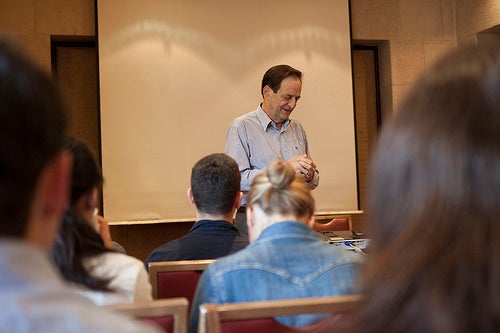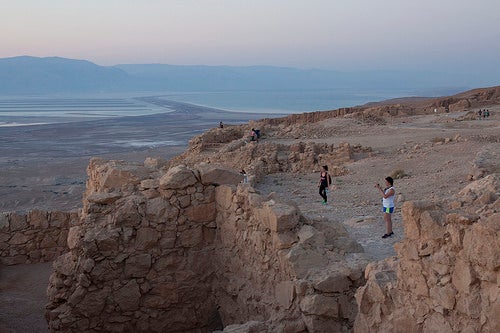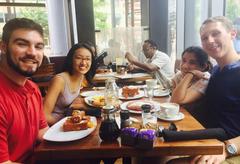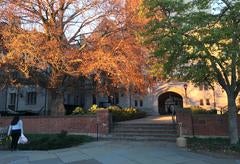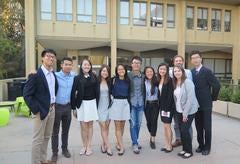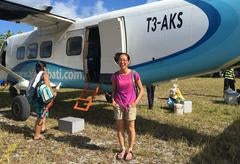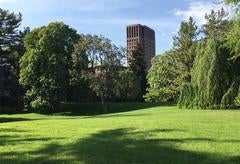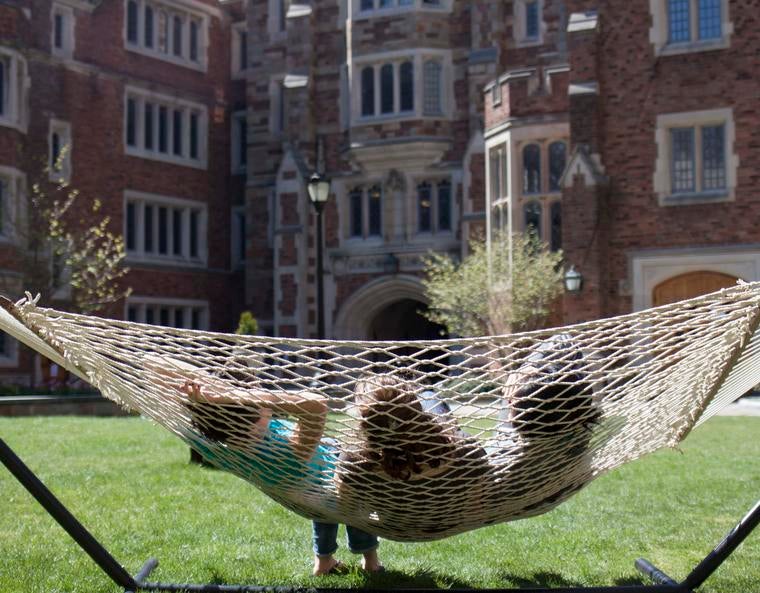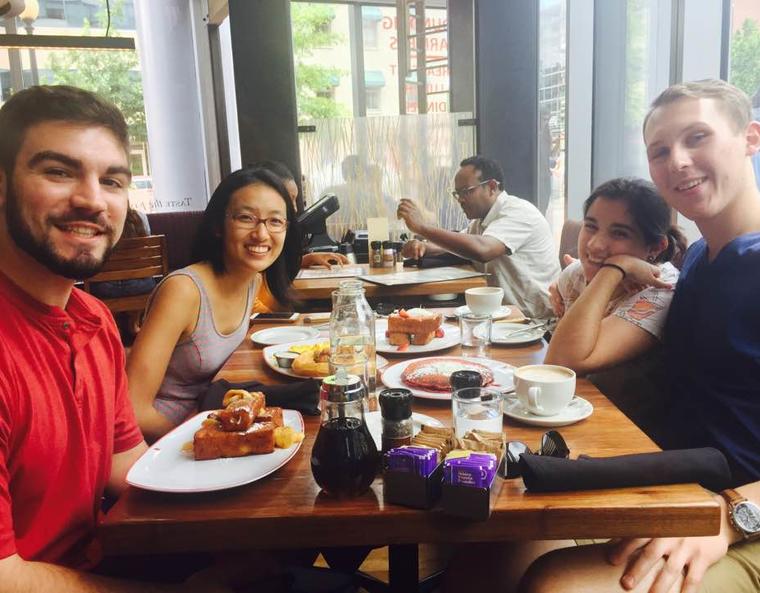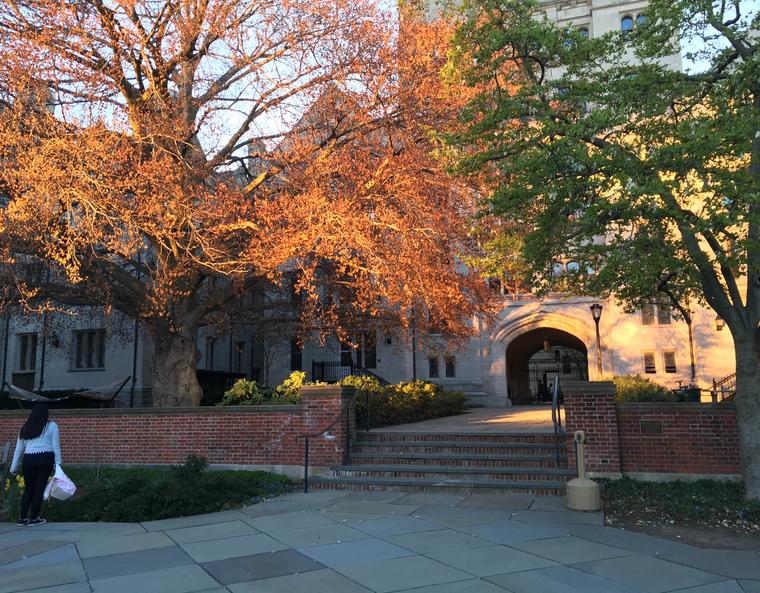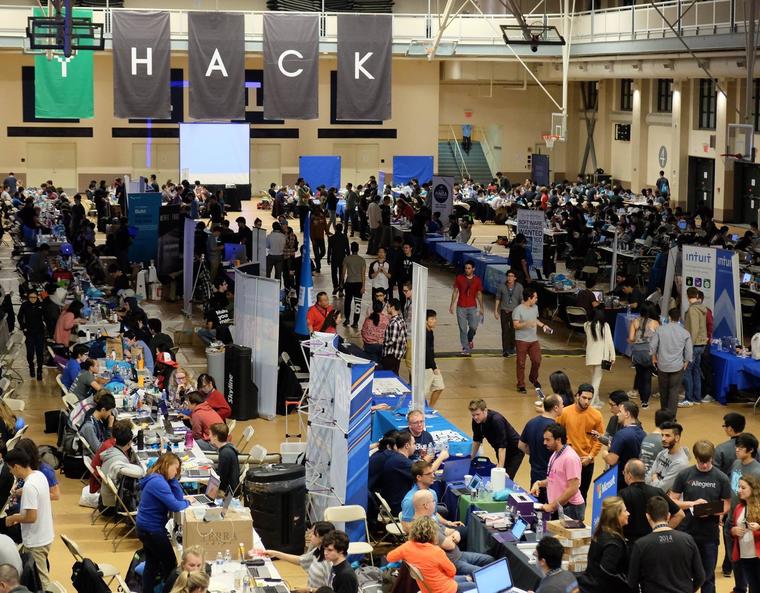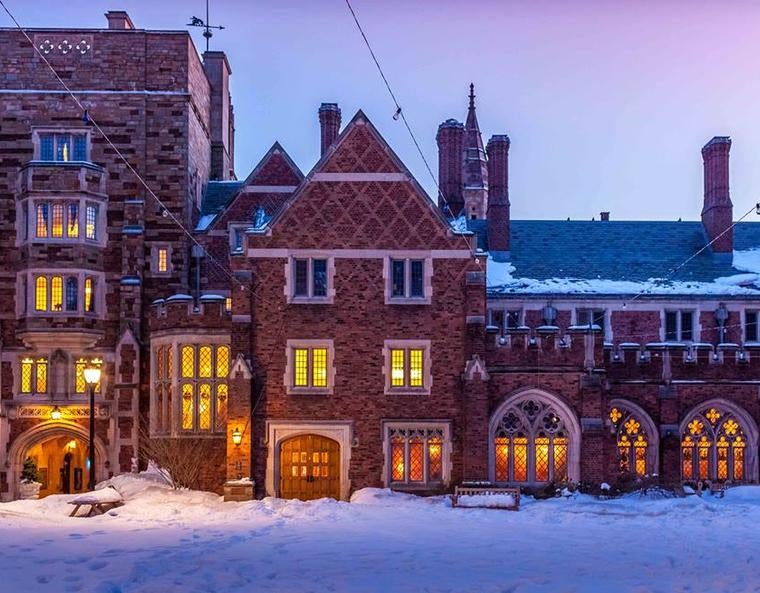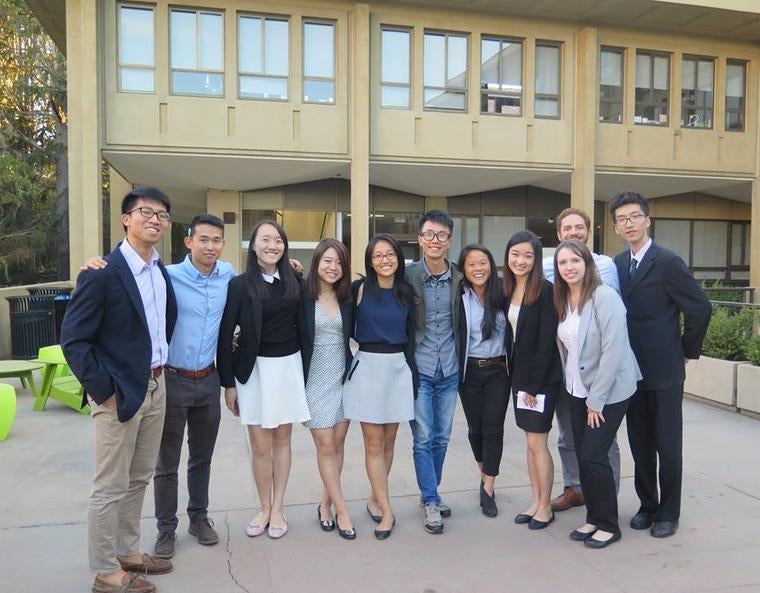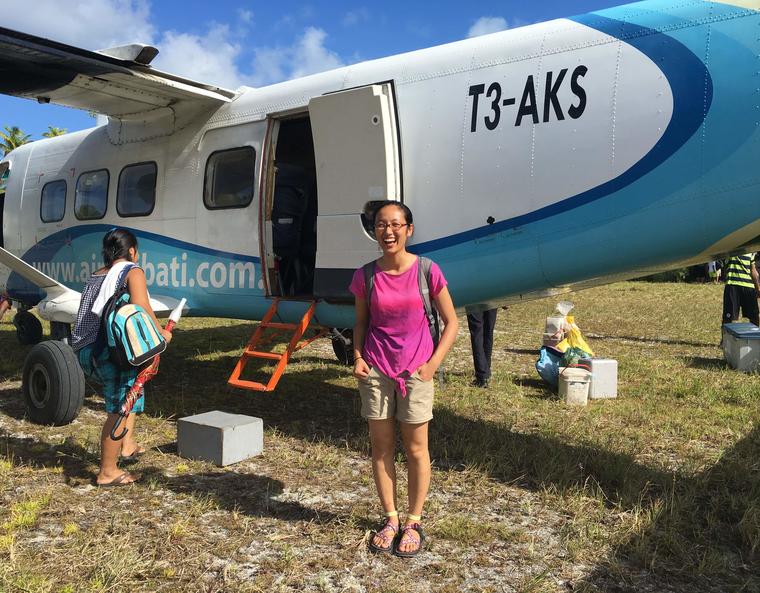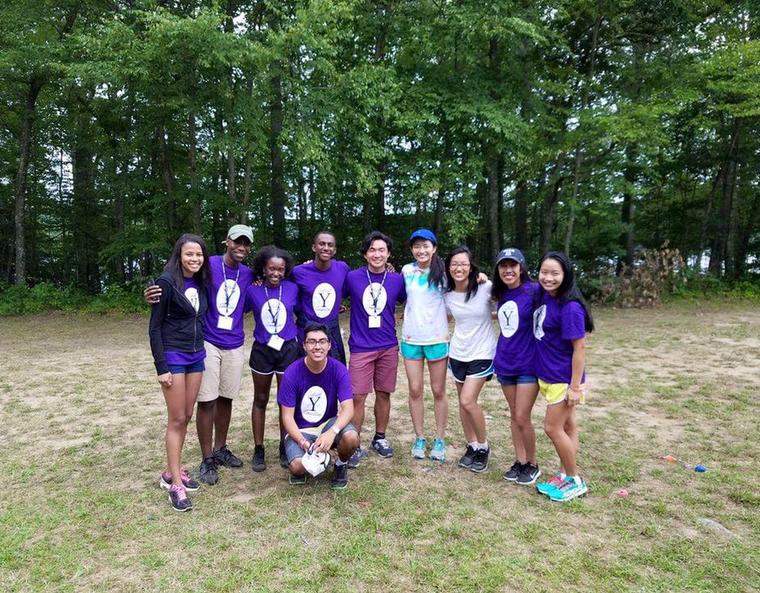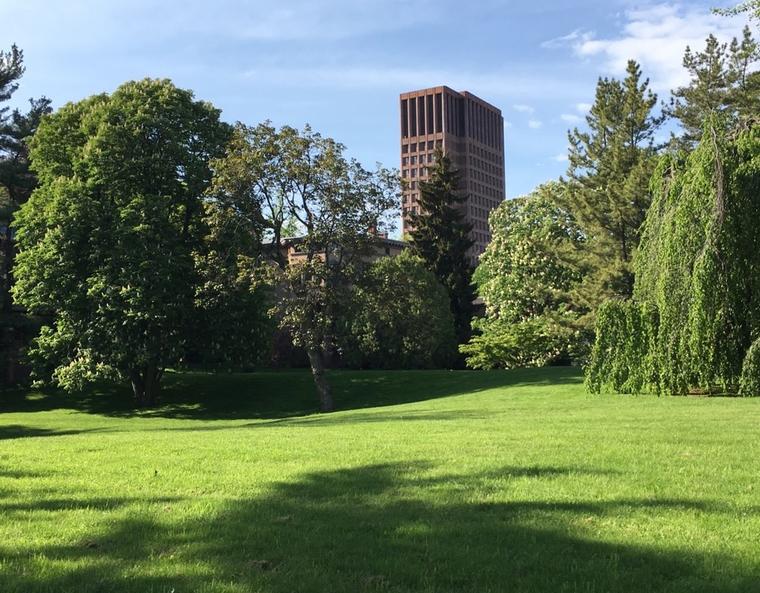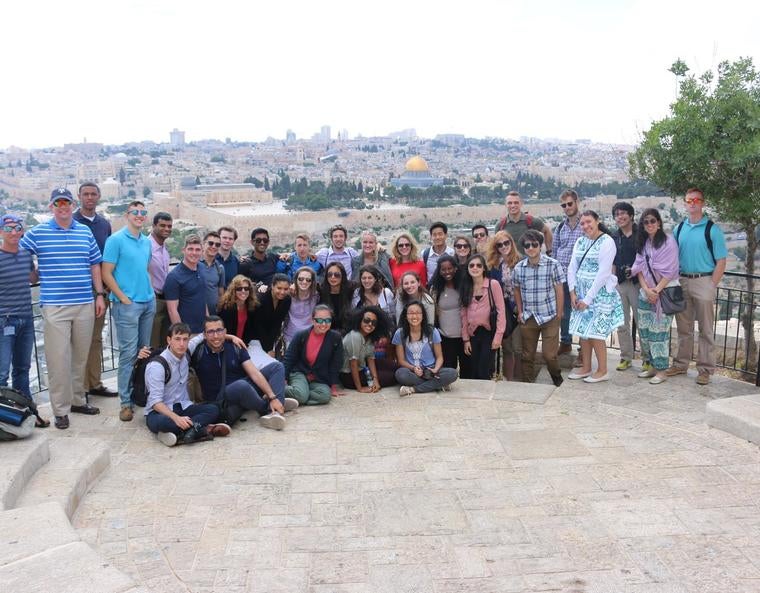
As our plane descended into Ben Gurion Airport in Tel Aviv, I groggily registered the orange landscape coming into view. It hadn’t struck me then that I had landed in the Middle East, in a part of the world that I’ve only heard about from the news and history classes. It’s a region seeped in history as one of the cradles for civilizations and religion. This is a part of the world where the divide between the East and the West is highly visible. All of this I came to know in much more depth over the course of the next 10 days in Israel.
I was in Israel with Yale and West Point students as part of the Peace & Dialogue Leadership Initiative to learn about the Israeli-Palestinian conflict. Over the course of ten days, we heard from almost thirty speakers on the ground, from the spokesperson for the Israeli Prime Minister Benjamin Netanyahu to journalists to business leaders to academics. We traveled around the thin strip of land, starting from Jerusalem down south to the Dead Sea and up to the north to the Golan Heights. In the process, I gained access to significantly different perspectives and narratives. Halfway into the trip, as I was standing on Mount Bental near the Syrian border, gazing into the plume of rising smoke on the horizon drilled home the reality of the situation.
In many ways, the opportunity afforded by this program changed my worldview significantly, not only in terms of the conflict itself but also in my understanding of how states and individuals respond to larger goals of nationalism and justice differently. The experience tested my awareness of my own bias and challenged my ability to remain open in conversations with people from all corners of the two regions and the political spectrum. I owe this formative opportunity to the two students that founded the initiative three years ago. Like many other projects and startups at Yale, the founders developed the idea during a class one of them took sophomore year of college. Through persistence, ingenuity and support from graduate students and professors at Yale and partner universities, the student founders of the initiative built a robust program that translates three years down the line into PDLI.
I am still surprised at just how deeply and intensely we focused on our investigation of the conflict. Between the 35 of us, we carried the discussion with our guest speakers to amongst ourselves on bus rides, on walks through the marketplaces, on the way to breakfast. In particular, PDLI provided the opportunity to get to know West Point students; talking to them about their life at a military academy provided me a unique lens to think along a civilian and military divide.
Over and over, I found myself making connections between what I was hearing and seeing in Israel and Palestine, my classes, and my recent experience to China over spring break with Yale-China’s L(U)CY program. As an example, when thinking about Hamas’ control of the Gaza Strip, theoretical discussion from a class titled Development Under Fire this past semester on how insurgencies recruit, function, and govern popped in my mind.
Scholars often tout globalization as an undeniable force bringing the world down to a size the human mind can grasp, but after this experience, I am reminded of world’s inconceivable size and diversity. Countless figures have passed through the city of Jerusalem through time, from the Romans to Mark Twain to Lady Gaga. While physical distance has shrunk through advances in communications and transportation technology, my brief peek into this timeless city revealed a humbling and befuddling number of political and historical layers. I was reminded of just how big the world is, and how much of it I have left to explore.
